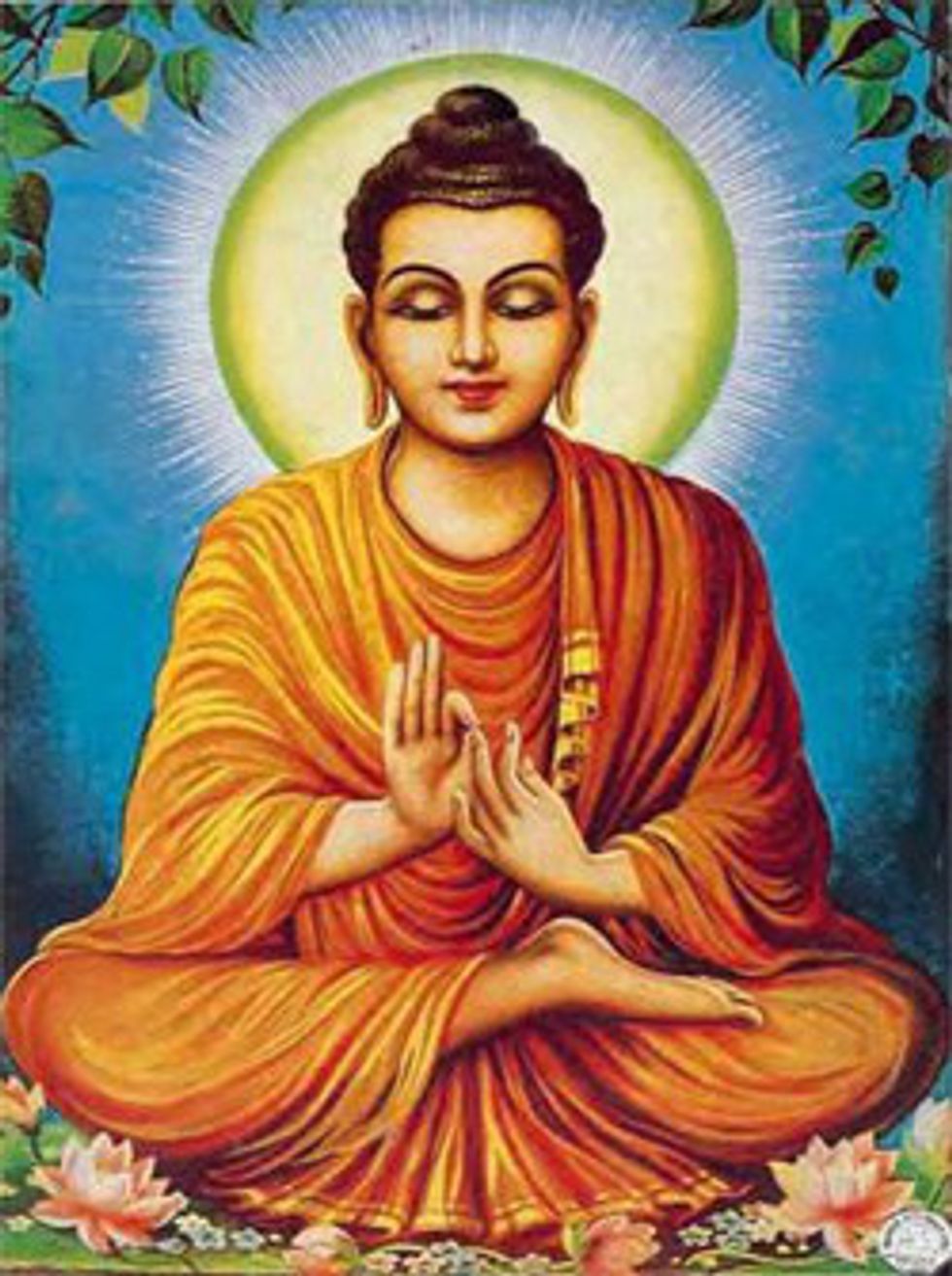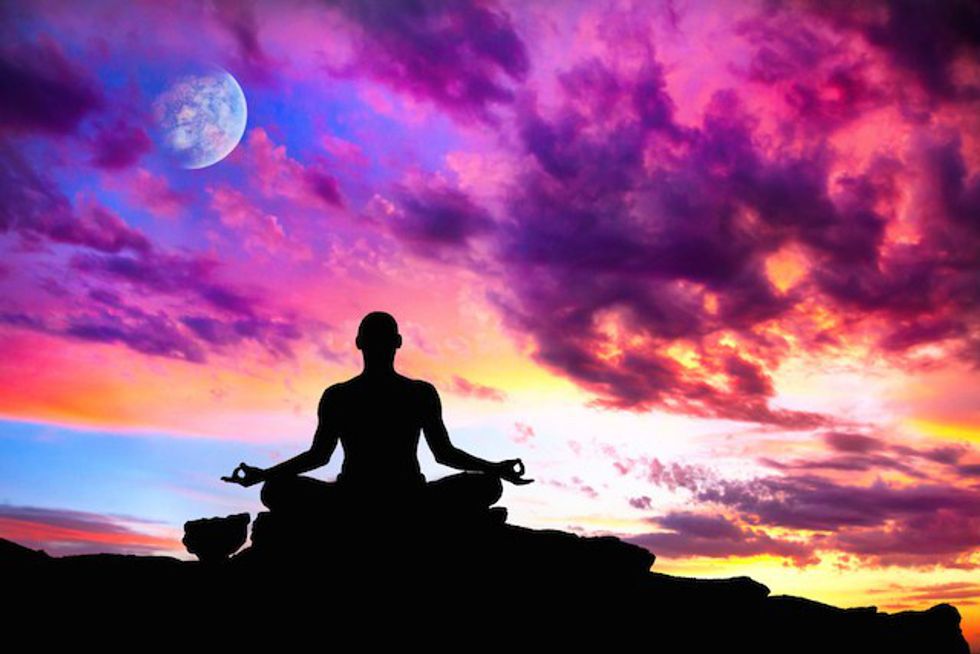Buddha was once asked what he gained from meditation. He replied, “Nothing…but let me tell you what I lost: anger, anxiety, depression, and fear of old age and death.”
Meditation is the ancient practice of controlling one’s mind and, by extension, exercising a modicum of control over parsing and acting upon one’s own life. If destiny is, in fact, a preset course upon which we are involuntarily hurtling, meditation allows us to pause and reflect on the journey. It allows us to expel toxic energy and appreciate the beauty in life as it stands. It allows us to garner meaning from motion.
Most college students simply do not devote the time to meditate. Pressure abounds. The cost of college can motivate us to exploit our time here, as if to compensate for the (hundreds) of thousands of dollars we devote to an institution which has become the de facto post-high-school plan in America. We feel as if we must take challenging, numerous, and – above all, IMPRESSIVE – classes to win the hearts of cynical employers and “money-hungry” grad school admissions offices. We feel as if we must partake in every extracurricular activity under the sun, just to bolster our resumes. Most are coerced into making friends, finding future spouses, and partying, just to illustrate (to whom?) that we are “having a good time” and “fitting in.”
Let meditation be your escape. Your resistance. Your agency.
Why?
First off, it’s free and available to anyone who can carve out even 15 minutes in their hectic schedules. In addition, these are health benefits associated with this cathartic practice:
- Mitigates tension and stress
- Lowers blood pressure
- Strengthens the immune system
- Slows the immune system
- Recharges your “battery”
- Improves concentration and memory
- Brings clarity and sense of oneness
- Encourages personal growth and self-discovery
Clearly, meditation is more than ousting bad energy; it’s about revitalizing your entire being – mind, body, and soul.
How?
- Make meditation a daily routine, even if it’s just 15 minutes
- Understand that it is an art that takes years to hone
- Select a dimly lit location free from distractions (people, cell phones, etc.)
- Rest in a position that is comfortable for you (on your knees, cross-legged, legs before you, etc.)
- Focus on deep breathing (breathe in through your nose, feel the air fill up through the crest of your head (straightening your posture), hold it there for a few seconds, and slowly let it out through your mouth)
- Pay attention to the soothing distribution of your breath
- Focus your attention on a single point (be it the rhythm of your breathing, the flicking of a candle, a fixed location in your surroundings)
- Feel free to close your eyes and let your mind wander. Do not pass any judgment on the natural ebb and flow of air, thoughts, and feelings.
- Thank your being for all that it does.
By incorporating meditation into your daily routine, you will invariably feel a sense of unity between body and spirit, individual and world. Meditation is both calming and energizing, humbling and edifying. By probing your mind, you can begin to winnow out your priorities, your desires, and your emotions. When done correctly, this introspective process will illuminate truths that have been under your nose the entire time, amid the distractions, tribulations, and pressures of a world that is increasingly losing its touch with the spiritual.
Be different. Be grateful. Be you.





















